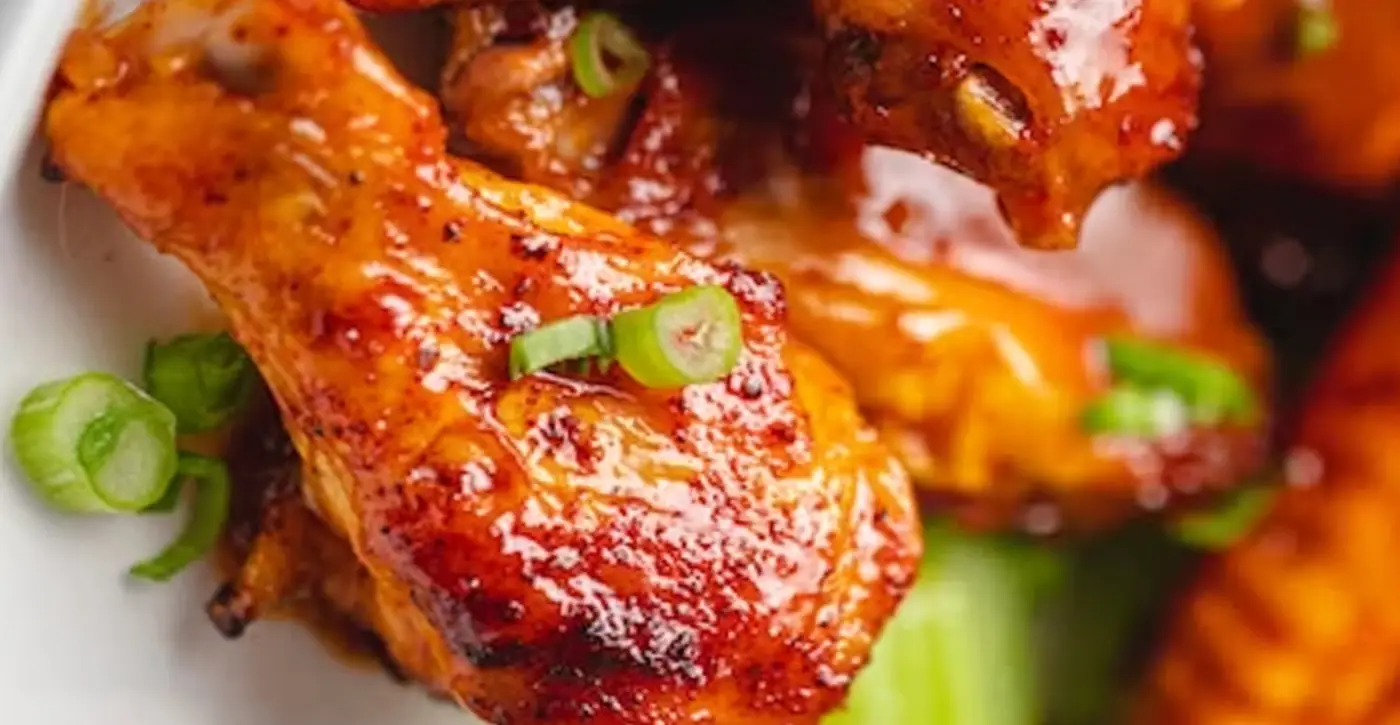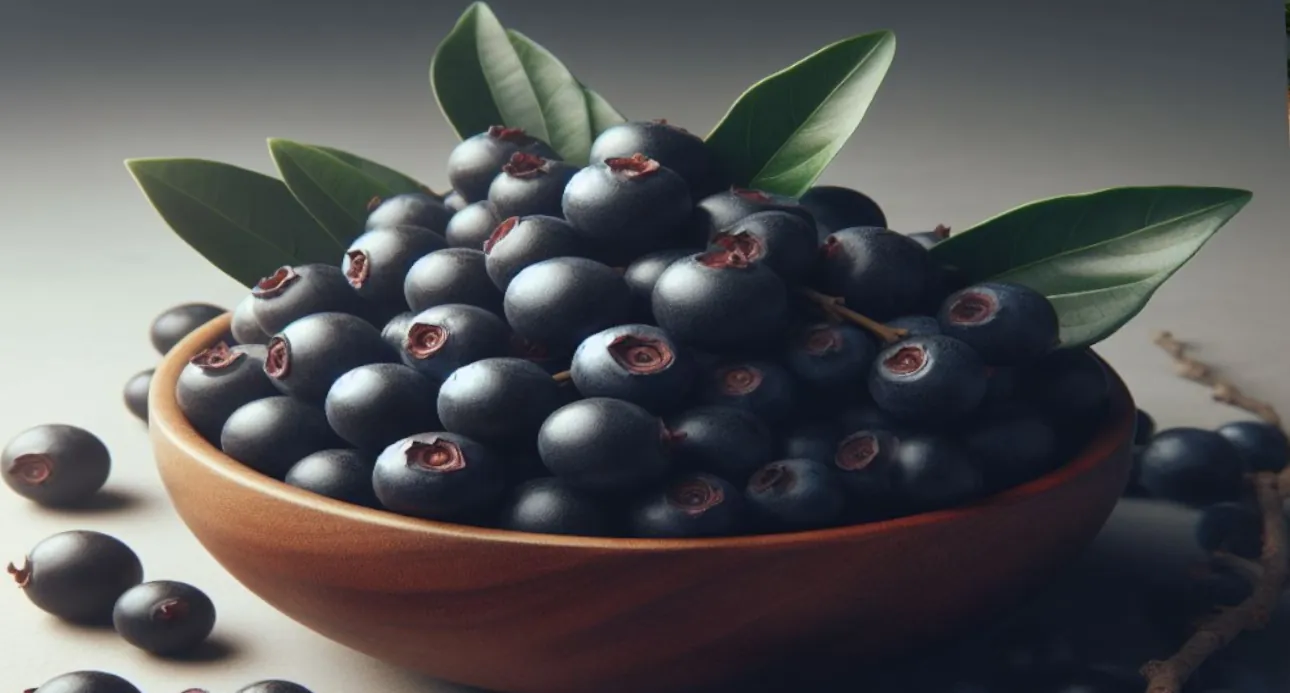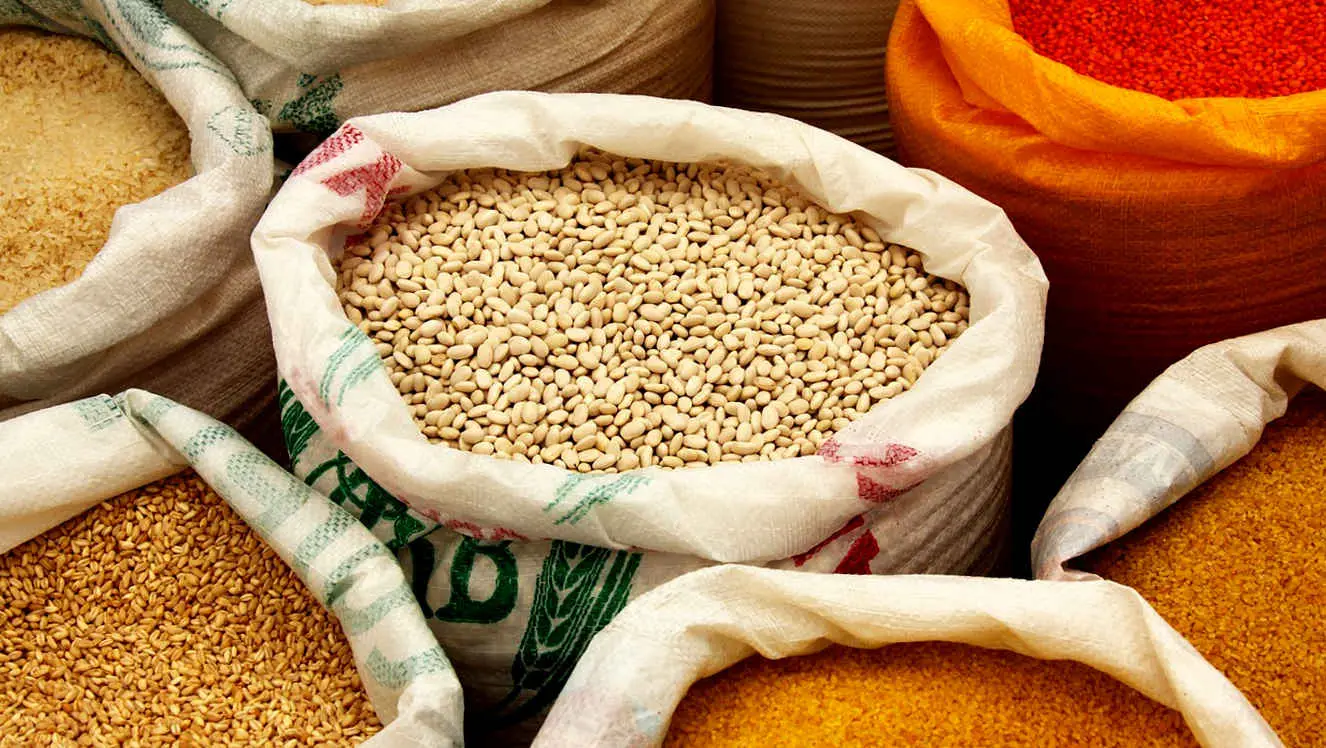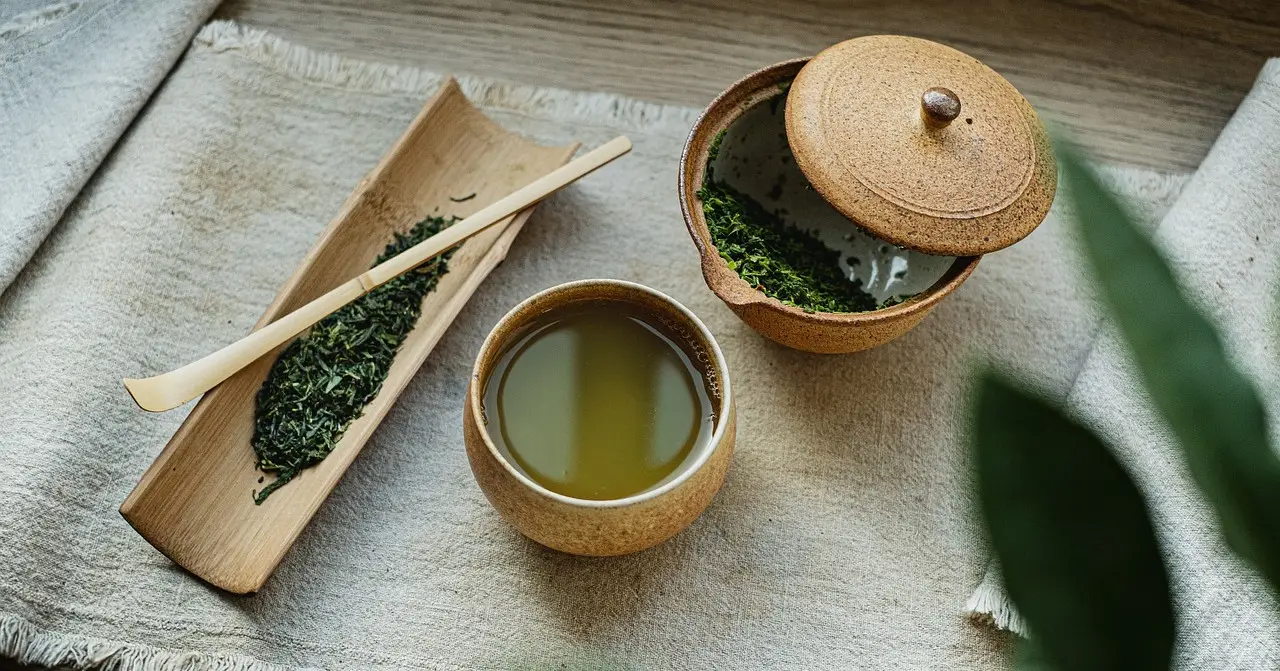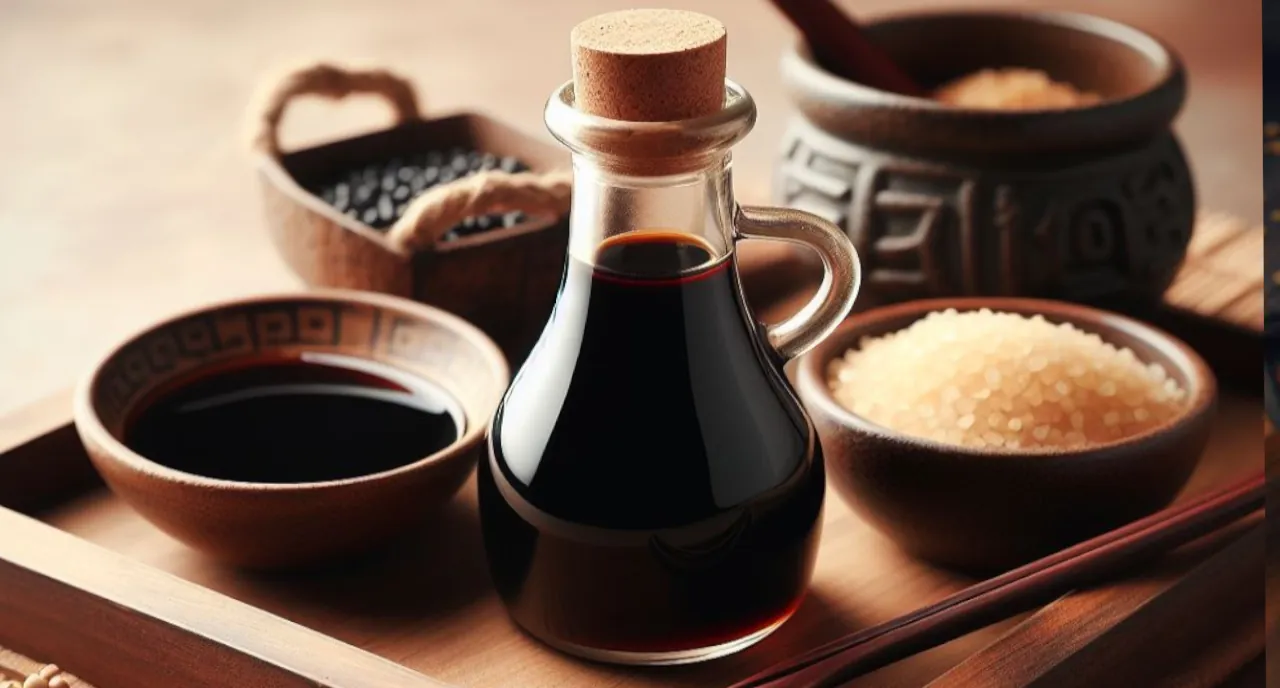Yellow Mustard Lysine and Arginine Info Sheet
Overview
Yellow mustard is a type of mustard sauce made from white mustard seeds, vinegar, water, salt, and turmeric.Yellow mustard is low in calories and contains a fair amount of vitamins and minerals.
| Name | Lysine (mg/100g) | Arginine (mg/100g) | Ratio |
|---|---|---|---|
| Yellow Mustard | 264mg | 252mg | 1.05 |
Yellow Mustard contains 264mg of Lysine and 252mg of Arginine per 100g of product.
This means Yellow Mustard has a neutral Lysine-Arginine ratio of 1.05.
Because Yellow Mustard has a neutral ratio of lysine and arginine, it does not have a significant impact on people who suffer from herpes, as it does not affect the viral activity.
Lysine Considerations
Yellow mustard contains a moderate amount of lysine, with 264mg per 100g.
Lysine can help prevent or treat cold sores, which are blisters caused by the virus HSV-1, also known as herpes.
Lysine works by blocking the growth of HSV-1, which needs another amino acid called arginine to multiply and infect cells.
Lysine can only be obtained through diet, and can be found in many high-protein foods like milk and cheese, fish, eggs, meat and poultry.
Arginine Considerations
Yellow mustard also contains a moderate amount of arginine, with 252mg per 100g.
Arginine has many benefits for our health and performance, such as lowering blood pressure, enhancing wound healing, and increasing exercise endurance.
Arginine can also affect the herpes virus, which causes cold sores and genital herpes.
Studies suggest that arginine may help the virus grow and cause outbreaks, so people with herpes may want to avoid foods that are high in arginine or take lysine supplements to block its effects.
Lysine-Arginine Ratio
Yellow mustard has a balanced lysine to arginine ratio, which means it has nearly equal amounts of lysine and arginine.
However, as a condiment, the serving size is typically much smaller than 100g, so it’s unlikely to significantly affect the overall balance of lysine and arginine in your diet.
Both lysine and arginine are important for protein synthesis and other bodily functions.
The two compounds can affect the herpes simplex virus, which is responsible for cold sores and genital herpes, in opposite ways.
Lysine can the human system or stop the virus from reproducing, while arginine can help it propagate.
Eating foods with a high lysine-arginine ratio could help lower the appearance and severity of herpes symptoms.
Some foods that have a high lysine-arginine ratio are milk and cheese, fish, poultry, fruits, and vegetables.
These foods can give the body enough lysine to prevent the virus from taking up arginine, and thus stop its growth and spread.
Dietary Considerations
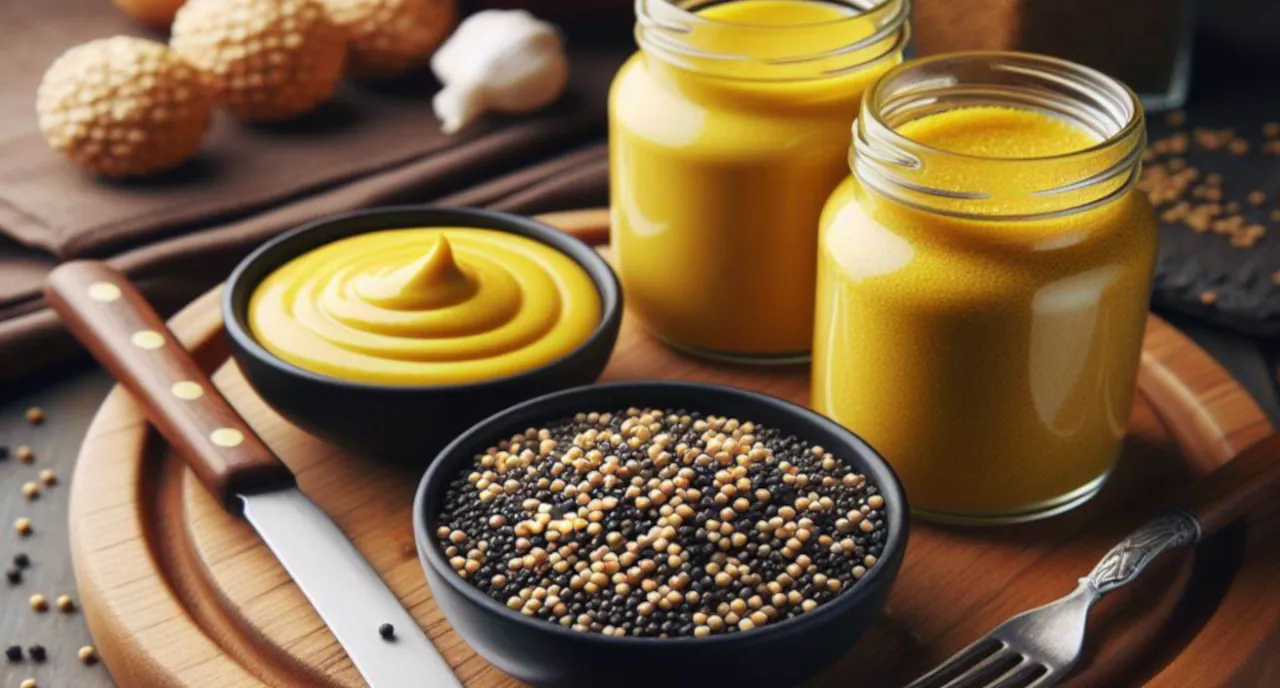
For example:
Eating a balanced and nutritious diet that supports your immune system and reduces inflammation.
This means consuming plenty of fruits, vegetables, whole grains, lean protein, and healthy fats, and avoiding processed foods, added sugars, alcohol, and caffeine.
Consider taking l-lysine supplements, which can help prevent herpes outbreaks and stop a cold sore before it emerges by limiting the availability of arginine for the virus, which it requires to produce a cold sore.
Taking other food supplements that can improve your immunity and protect your cells from oxidative stress, such as vitamin C, zinc, selenium, and antioxidants.
To prevent outbreaks, avoid foods that can cause allergic reactions or sensitivities, such as gluten, dairy, nuts, eggs, or shellfish.
These foods can harm your immune system and make inflammation worse.
Foods that can boost your immunity and fight inflammation are essential to prevent outbreaks.
Honey, yogurt, aloe vera, and chamomile are some examples of these foods.
They can also soothe your symptoms and help you recover quicker by reducing pain, swelling, and itching.
Check more food information

